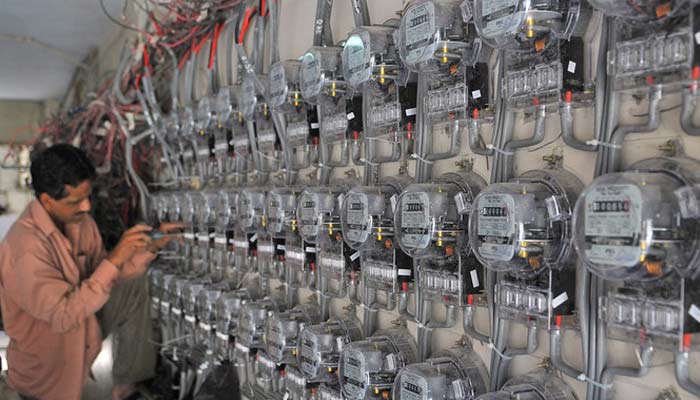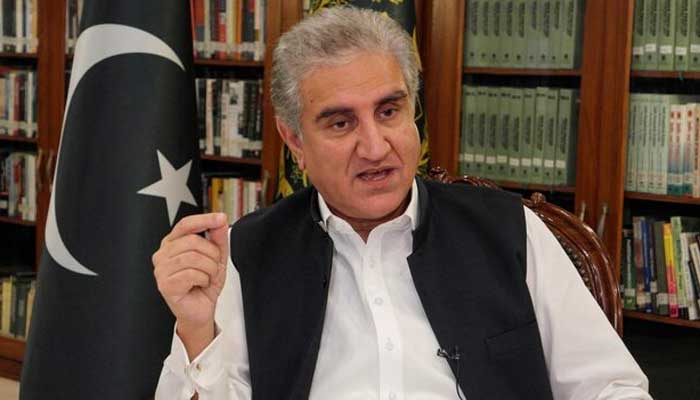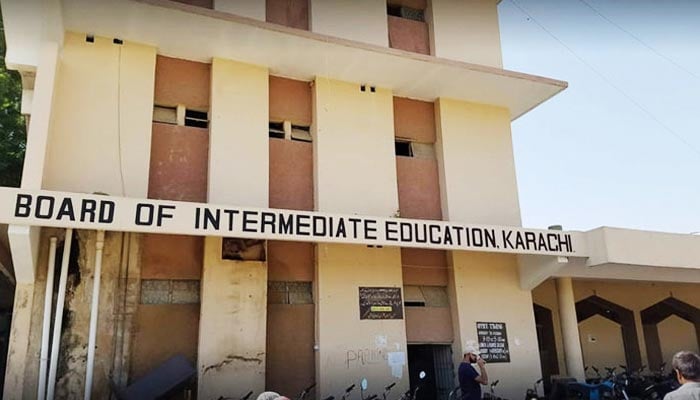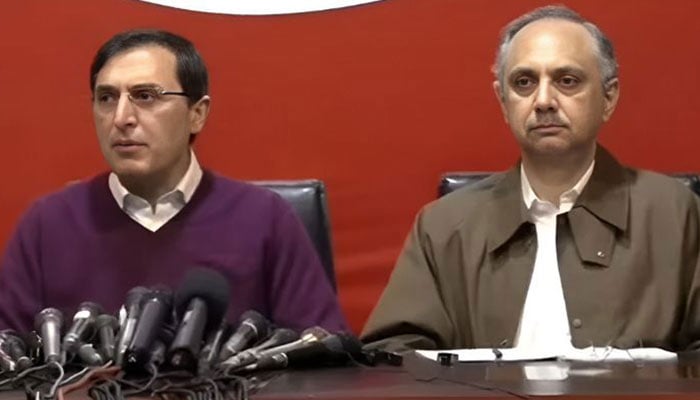Military courts’ verdicts made under law enacted by parliament: FO
Pakistan fully committed to fulfilling all its international human rights obligations, says FO spokesperson
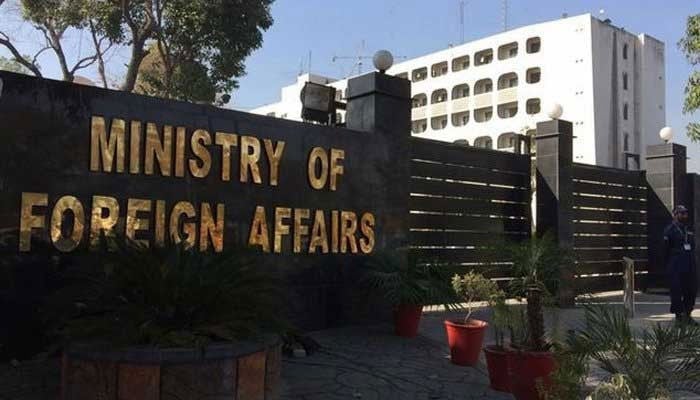
- Military courts’ verdicts announced in line with SC’s ruling, says FO.
- Says Pakistan’s legal system consistent with int’l human rights law.
- “We remain fully committed to implementing our commitments.”
In response to statements on recent verdicts by military courts, the Foreign Office (FO) on Tuesday said that the judgments were made under a law enacted by the parliament and in line with the ruling of the Supreme Court of Pakistan.
In a statement, FO spokesperson Mumtaz Zahra Baloch said: “Pakistan is fully committed to fulfilling all its international human rights obligations.”
She said that Pakistan’s legal system is consistent with international human rights law, including provisions of the International Covenant on Civil and Political Rights (ICCPR).
“It has remedies of judicial review by the superior courts and guarantees promotion and protection of human rights and fundamental freedoms.”
The spokesperson added that Islamabad believes in constructive and productive dialogue to promote principles of democracy, human rights and the rule of law.
“We remain fully committed to implementing our commitments under the GSP Plus Scheme and core international human rights conventions.”
The FO spokesperson said that they would continue to engage with their international partners including the European Union to uphold the international human rights law, without any discrimination and double standards.
The military court last week sentenced 25 individuals involved in the attacks on state installations during the violent protests of May 9, 2023.
The violent protests broke out after Pakistan Tehreek-e-Insaf (PTI) founder Imran Khan was taken into custody in a graft case. In turn, scores of party workers were arrested and more than 100 civilians are facing military trials.
However, the Khan-founded party maintained that it had no role in the incidents involving military installations, including the attack on the General Headquarters (GHQ), and has called for a judicial probe into last year’s events.
US, UK, EU express concerns over military trials
Following the verdict, the European Union, United Kingdom and the United States expressed concerns over the recent sentencing of civilians by the military courts.
Earlier today, the US expressed “deep concern” over the conviction of 25 civilians in a military tribunal in Pakistan, claiming the military courts lacked judicial independence, transparency, and due process guarantees.
In a brief statement issued today, US Department of State Spokesperson Matthew Miller said that the Washington continued to call on Pakistani authorities to “respect” the right to a fair trial and due process, as enshrined in the country’s constitution.
The UK also urged the federal government to uphold its obligations under the ICCPR.
“Military courts lack transparency, independent scrutiny and undermine the right to a fair trial,” a Foreign, Commonwealth & Development Office spokesperson said in a statement issued on Monday.
However, the spokesperson said, the UK respects Pakistan’s sovereignty over its own legal proceedings.
The EU was the first to react on the matter, expressing concern over the sentencing of 25 accused by a military court, saying that the verdicts were seen as inconsistent with the obligations that Pakistan has undertaken under the ICCPR.
“In line with article 14 of ICCPR, every person is entitled to a fair and public trial in a court that is independent, impartial and competent, and has the right to adequate and effective legal representation,” said a statement issued by the EU’s European External Action Service.
Furthermore, it said, article 14 also stipulates that any “judgement rendered in a criminal case shall be made public”.
Under the EU’s Generalised Scheme of Preferences Plus (GSP+), beneficiary countries, including Pakistan, have voluntarily agreed to implement effectively 27 international core conventions — including the ICCPR — in order to continue benefitting from GSP+ status, the statement added.



